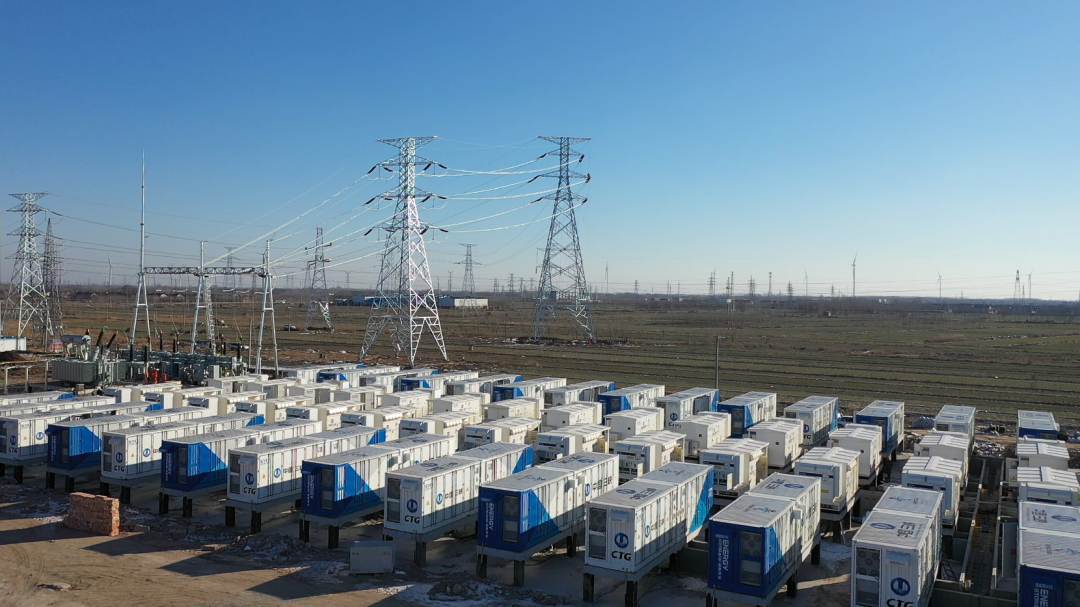
Dec . 04, 2024 05:42 Back to list
Enhanced Efficiency in Advanced Power Conversion Technologies for Superior Performance
High-Quality Power Conversion Systems A Key to Efficient Energy Management
In today’s rapidly evolving technological landscape, the demand for efficient and reliable power conversion systems has never been greater. As industries continue to grow and the reliance on electronic devices increases, high-quality power conversion systems emerge as a critical component in energy management and distribution. These systems play a vital role in converting electrical energy from one form to another, ensuring that power is delivered in the most effective and efficient manner possible.
At its core, a power conversion system is designed to change electrical energy from one form to another, such as converting alternating current (AC) to direct current (DC), or stepping voltage levels up or down. Achieving high-quality power conversion involves several key factors, including efficiency, reliability, and environmental sustainability. Each of these components contributes to the overall performance of the system and has significant implications for both consumers and industries alike.
Efficiency in Power Conversion
Efficiency is paramount in any power conversion system. It refers to the ratio of output power to input power, usually expressed as a percentage. High efficiency ensures minimal energy losses during the conversion process, which translates to lower operational costs and reduced environmental impact. As the global emphasis on sustainability increases, energy-efficient systems help reduce the carbon footprint associated with power generation.
Modern high-quality power converters are engineered to optimize efficiency through advanced technology. For instance, the use of silicon carbide (SiC) and gallium nitride (GaN) semiconductors has revolutionized power conversion. These materials offer lower switching losses, higher temperature tolerances, and increased power density compared to traditional silicon-based devices. Such advancements enable power converters to achieve efficiencies exceeding 95%, significantly enhancing their performance.
Reliability of Power Conversion Systems
Another critical aspect of power conversion systems is reliability. As reliance on electronic systems increases, so does the necessity for these systems to operate consistently under varying conditions. A reliable power conversion system minimizes the risk of downtime and equipment failure, which can be costly for businesses and consumers alike.
high quality power conversion system

To ensure reliability, manufacturers are adopting rigorous testing standards and implementing redundancy strategies within the systems. For example, uninterruptible power supplies (UPS) are designed to provide backup power during outages, ensuring that critical systems remain operational. Additionally, regular maintenance protocols are essential to monitor the health of power conversion systems and to preemptively address potential issues.
Environmental Sustainability
The push for environmentally sustainable power solutions cannot be overstated. High-quality power conversion systems contribute to energy efficiency and sustainability by minimizing energy waste and reducing greenhouse gas emissions. By integrating smart technologies, such as energy management systems and renewable energy sources, power converters can further enhance their environmental benefits.
For example, in renewable energy applications, power conversion systems play a crucial role in managing the flow of energy from solar panels or wind turbines to the grid. These systems not only convert the generated energy into usable forms but also optimize the integration of renewable sources into existing infrastructures, which is essential for managing variability and maintaining grid stability.
The Future of Power Conversion Systems
As technology continues to advance, the future of high-quality power conversion systems appears promising. Emerging trends such as the Internet of Things (IoT) and artificial intelligence (AI) will further improve efficiency and reliability, allowing for real-time monitoring and adaptive control of power systems. This adaptability is vital, especially in an era where energy demand is increasingly unpredictable.
The transition to electric vehicles (EVs) also underscores the necessity for high-quality power conversion systems. EVs require efficient chargers and power management systems to enhance battery performance and lifespan, presenting a significant opportunity for innovation in this sector.
In conclusion, high-quality power conversion systems are integral to modern energy management. Their efficiency, reliability, and role in promoting sustainability make them cornerstones of a more energy-efficient future. As industries strive to meet the challenges of tomorrow, investing in advanced power conversion technologies will be key to unlocking new levels of performance and environmental stewardship. The journey towards a smarter, greener energy landscape is underway, and high-quality power conversion systems are leading the way.
-
Advanced AI Energy Management with GPT-4 Turbo
NewsAug.02,2025
-
AI-Powered EMS with GPT-4-Turbo | Efficiency Boost
NewsAug.01,2025
-
Optimized Storage System for GPT-4-Turbo | High Performance
NewsJul.31,2025
-
AI Energy Management System w/ GPT-4 Turbo Efficiency
NewsJul.31,2025
-
High-Performance Energy Storage System for Reliable Power Solutions
NewsJul.30,2025
-
Advanced EMS Solutions for Energy Management System & Storage Battery Companies
NewsJul.29,2025























